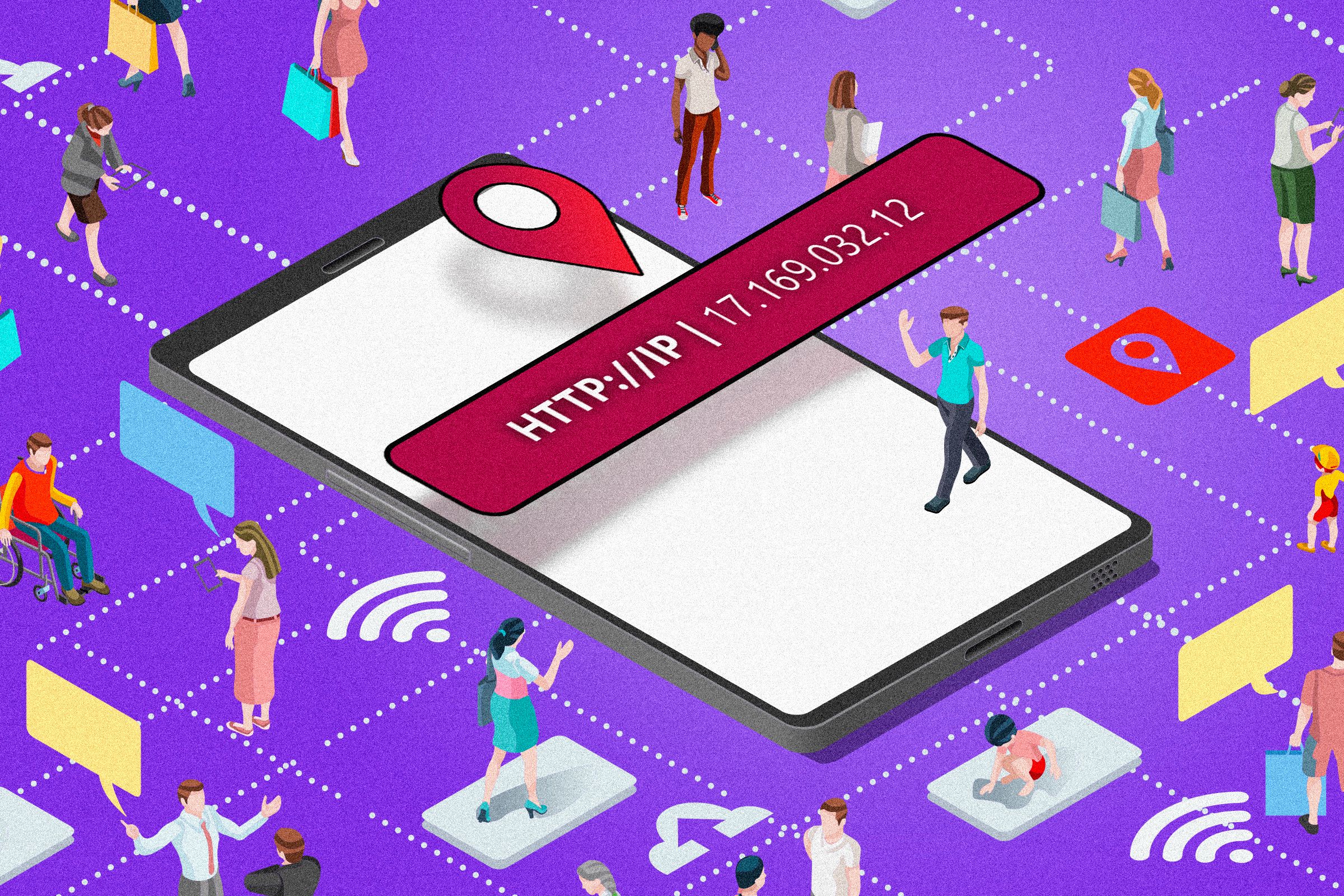Every device connected to the internet—be it your phone, laptop, or smart TV—has its own unique IP address. You can think of it like a digital fingerprint that identifies your specific device online. But does it matter if other people can see your IP address? And what can they learn about you with it?
Your IP Address Is Not as Private as You Might Think
Your IP address is more out in the open than you may realize when browsing online. Every time you visit a site, your IP is used to make the connection, much like dialing a phone number. So, there is likely a record of your IP number tied to every website you’ve visited. Website owners, internet providers, and platforms can all easily log and store your IP, along with other data about your visit.
Your IP alone doesn’t give away who you are or pinpoint exactly where you live, but it does give some clues. It can usually indicate what city you’re in, at minimum, though locations aren’t always accurate. Your IP can also be used to figure out which internet company you use.
The bottom line is that IPs aren’t some super secret thing. They’re less revealing than the return address on an envelope. Just as you’re not usually worried about someone seeing your home address when you mail a letter, in most cases, there’s no need to stress too much about sites knowing your IP when browsing. It’s all pretty standard network stuff.
How Concerned Should You Be About Your IP?
If you’re an average internet user, don’t stress too much about people knowing your IP address. Chances are there’s nothing to worry about if you’re just browsing the web, streaming shows, or using social media.
If you’re a public figure, activist, journalist, or someone else hackers might target, you may want to take extra steps to protect yourself online. It’s a good idea to know what others can really do if they have your IP address. Realistically, the worst most people could do with just your IP is a denial-of-service attack to clog up your internet. It is possible a knowledgeable hacker might be able to use your IP to gain access to your network if you have unsecured devices or poor security practices, but there are some easy ways to protect yourself.
Only law enforcement agencies, like the Police, can potentially track an IP back to a precise location through your Internet Service Provider (ISP). But they’d need the proper paperwork (a warrant, typically) to do so. Regular folks or even good hackers can’t pull that off without legal backing.
You Can Protect Your IP Address if You’re Worried About Privacy
If keeping your online activities on the private side is important to you, there are a few things you can do to protect your IP address. A solid option is a Virtual Private Network (VPN). A VPN basically acts as a layer of protection between you and the internet by funneling all your network traffic through an encrypted “tunnel.” To anyone else, it’ll look like your activity is coming from the VPN server itself rather than your actual location. This can help disguise your real IP address from any snoopers. Look for a trustworthy VPN provider that takes privacy super seriously and uses strong encryption standards. Ideally, you should pick a VPN provider that doesn’t store records, either.
You may also consider proxy servers. Proxy servers work as intermediaries between your device and the internet, hiding your actual IP address. However, they may not offer the same level of encryption as VPNs. Still, it’s an option if you want some extra privacy without paying for a VPN. Another thing to check out is surfing the internet with Tor Browser. It bounces your traffic through multiple volunteer servers to obscure where you’re coming from and hide your IP address. This adds extra anonymity, but it may slow down website loading speeds. Also, you can check to see if your router has a “Dynamic IP” setting. Many routers let you request a new IP (renew your Wi-Fi lease) from your internet provider periodically, making it harder for others to track what you’ve been doing online over time.
Ultimately, try not to sweat it too much if someone casually sees your IP occasionally. But if privacy or staying under the radar is super important to you, these methods can help you browse more securely and discreetly.




